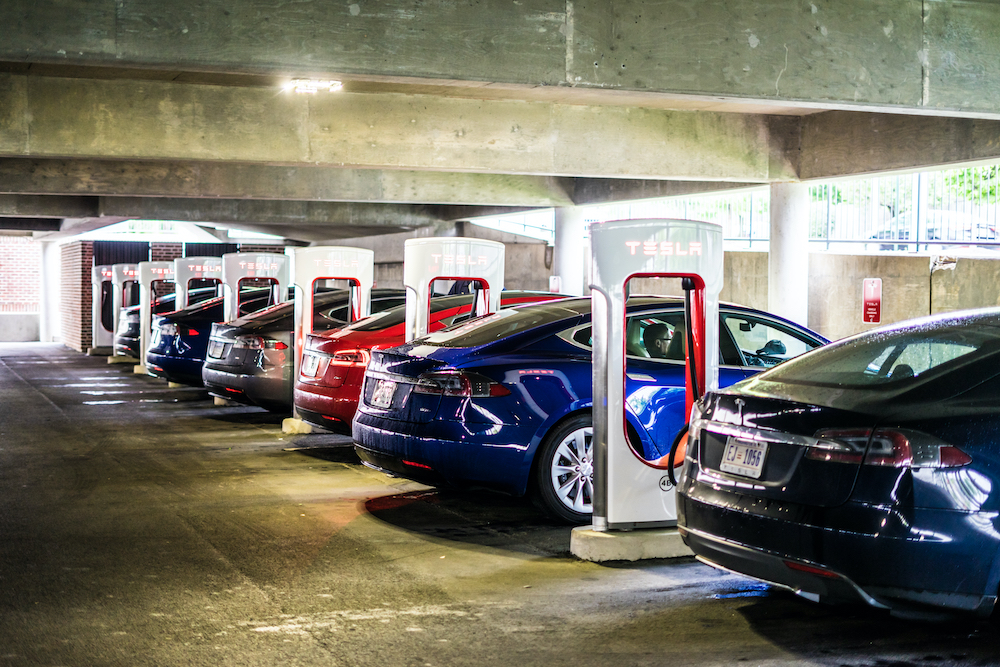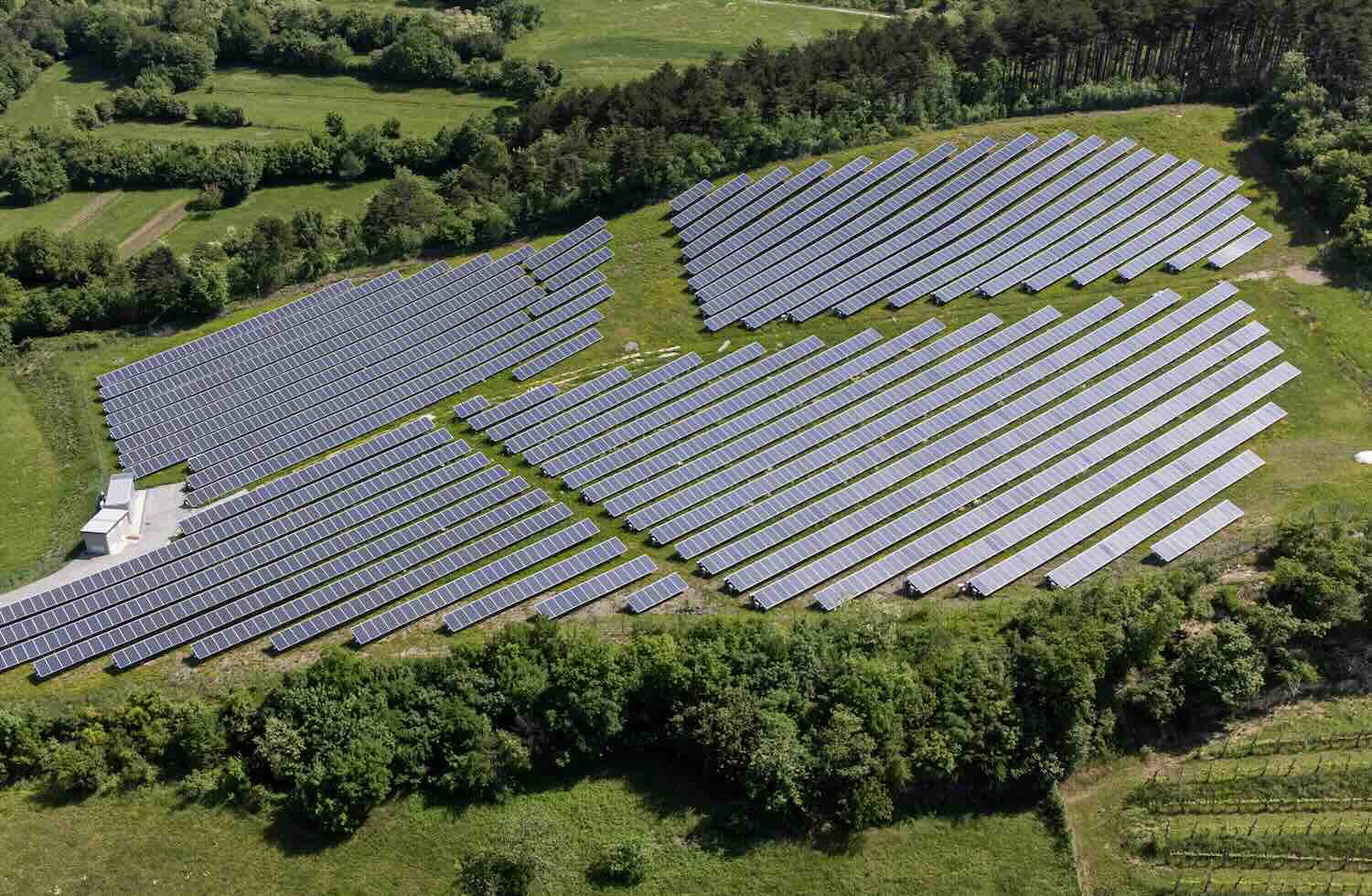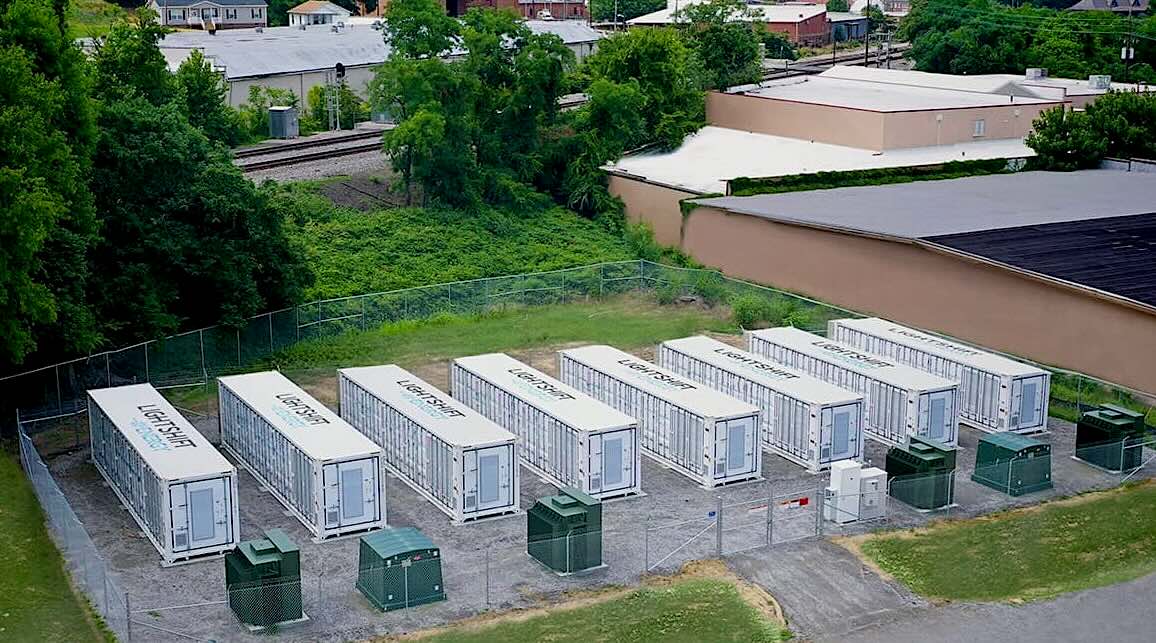ImpactAlpha, Jan. 20 – Call it the Tesla effect. Or the Biden effect. Or maybe the China effect. Falling cost curves and soaring consumer demand mean investors and corporations can’t get enough of electric cars, trucks, fleets, batteries and charging infrastructure. A rush of new deals is fueling competition among incumbent automobile manufactures and sending the valuations of upstarts soaring.
- Sky high. Rivian, the electric truck maker backed by Amazon, raised $2.65 billion at a valuation of $28 billion. Funds advised by T. Rowe Price led the round, which also included Fidelity and Amazon’s Climate Pledge Fund. “In my lifetime, we are going to go from a world where electric vehicles are a tiny subset of the market to where electric vehicles represent 100% of the market,” Rivian’s R.J. Scaringe told the New York Times. The 100% electrification of vehicles requires investments of more than $2.5 trillion over the coming decade, according to Bank of America.
- Beyond Tesla. GM followed up its very public “all-electric future” rebrand last week with a $2 billion investment from Microsoft, Honda and other companies in Cruise, the autonomous, electric vehicle company majority-owned by GM that is valued at $30 billion. GM’s plans to invest tens of billions and roll out dozens of new EV models in the next five years. Ford and Volkswagen are also investing billions in electric vehicles and trucks. Volta, a commerce-centric EV charging network, raised $125 million in venture capital, including from Chicago-based Energize Ventures. Electric fleet company Proterra is merging with a SPAC, or special purpose acquisition company, backed by ArcLight Capital Partners.
- Battery costs. Driving the market: Battery efficiency. Within two years, battery pack prices could drop to around $100 per kilowatt hour, a key threshold for mass market adoption, says Bloomberg NEF, and to $58 per kWh by 2030.











